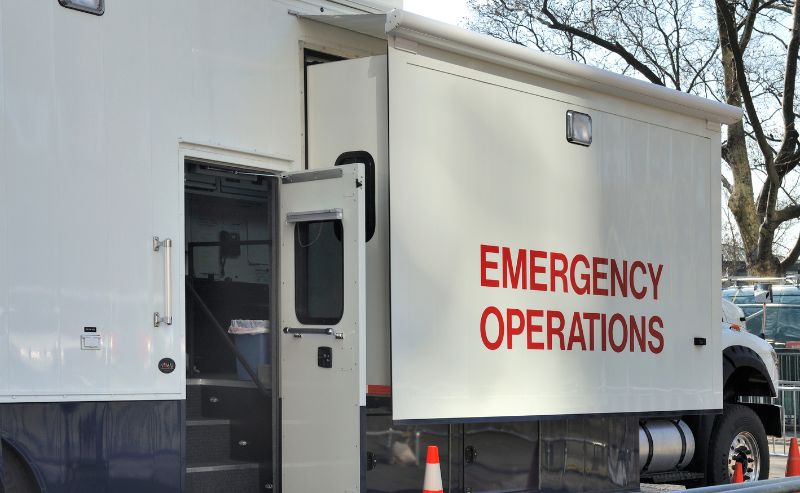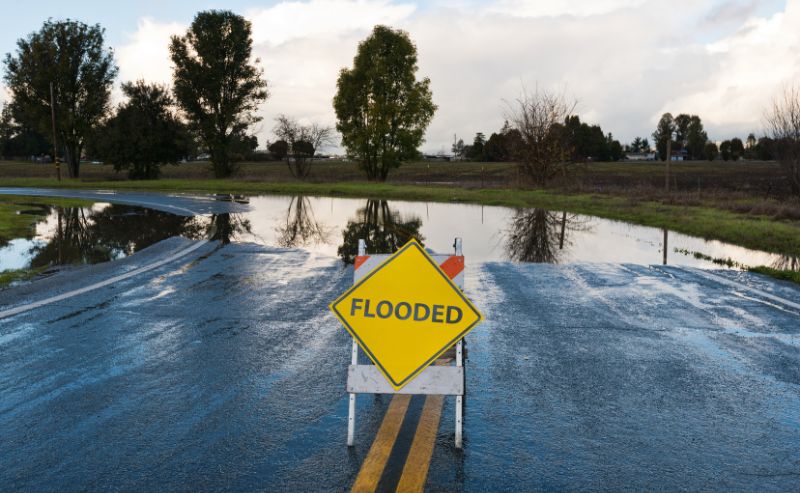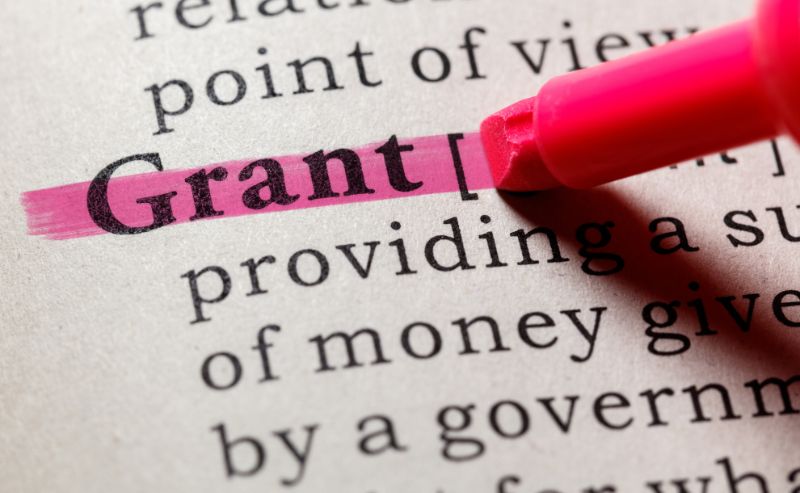This year’s Atlantic Hurricane season, like most things 2020, has been one for the record books. Since its start on June 1st, we’ve managed to not only work our way through the English alphabet for named storms, but with Hurricane Eta, move seven letters into the Greek alphabet. (The last and only time the Greek alphabet was used was during the historic 2005 hurricane season, the year of Katrina.) With an entire month still to go during this year’s hurricane season—it doesn’t officially end until November 30—who knows what’s still to come?
Fortunately, the chance of a hurricane making landfall in the U.S. during November is relatively low. Still, it can and does happen. Take Hurricane Kate in 1985, for example. As a Category 2 storm, she hit Mexico Beach, Florida, the same place Hurricane Michael obliterated in October 2018. Hurricane Kate, according to the National Oceanic and Atmospheric Administration (NOAA), brought 100-mph winds and an 11-foot storm surge to the area, causing hundreds of millions of dollars in damage and economic loss.
As of this posting, the National Hurricane Center is monitoring yet another tropical system (a disturbance turned hurricane, and now a tropical storm). She, Eta, is impacting portions of Central America, especially Nicaragua and Honduras, and is expected to re-enter the Caribbean. That could spell trouble for the U.S. (again), namely southern Florida, as shown in the projected cone below.

Other than Eta, the tropical weather outlook map is now clear. Yes, clear. And, with any luck, the waters will continue to cool, making it less and less likely that more hurricanes, i.e., Theta, Iota, Kappa, etc., will form this year.
Still, it’s 2020, and it seems just about anything can happen (hurricanes, wildfires, killer bees, a global pandemic… the list goes on). Stay prepared, stay informed, and most importantly, stay safe.
Last but certainly not least, use the possible six-month reprieve from hurricane season to review and improve your emergency preparedness plans. If possible, conduct some type of exercise, even if only virtual (given the pandemic). Such activities can go a long way toward improving your organization’s readiness for next year’s Atlantic Hurricane season. It officially begins on June 1, 2021.






